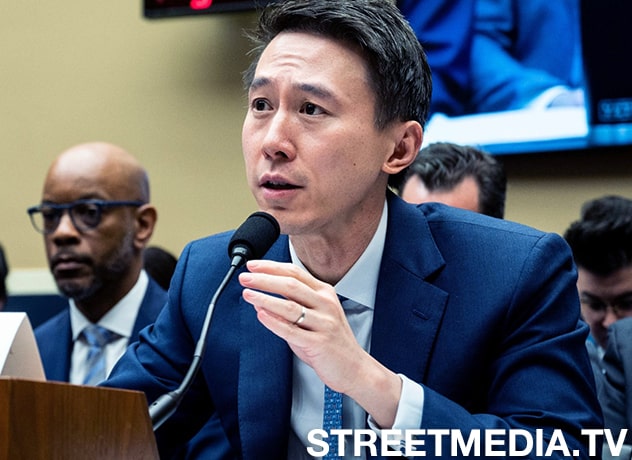Tiktok Ban in USA Looming After Congressional Hearing

TikTok, the popular video-sharing app, has been under scrutiny in the United States for some time now. In July 2020, Secretary of State Mike Pompeo stated that the US was “looking at” banning TikTok and other Chinese social media apps due to national security concerns. On March 25, 2023, a congressional hearing was held to discuss the risks associated with TikTok and other Chinese-owned apps. During the hearing, experts testified that TikTok poses a threat to national security and privacy, and lawmakers are now considering whether to a Tiktok ban in the USA should be fulfilled.
TikTok is a social media app that allows users to create and share short-form videos set to music or other audio. The app has exploded in popularity in recent years, particularly among younger users, and has been downloaded more than 2 billion times worldwide. TikTok is owned by the Chinese company ByteDance, which has raised concerns about data privacy and security.
Why is TikTok under scrutiny?
TikTok has been under scrutiny for several reasons. First, it is owned by a Chinese company, which has raised concerns about data privacy and security. Lawmakers are concerned that TikTok could be used by the Chinese government to collect data on American citizens or spread propaganda. Second, TikTok has been accused of censoring content that is critical of the Chinese government. Third, there have been concerns about the app’s collection and use of user data, particularly from minors.
>> Tiktok Ban in USA Looming After Congressional Hearing
During the March 25 hearing, experts testified that TikTok poses a significant threat to national security and privacy. Laura DeNardis, a professor at American University, stated that TikTok collects an enormous amount of data on its users, including their location, search history, and device information. She also pointed out that TikTok is required by Chinese law to share data with the Chinese government if asked. This has raised concerns that the Chinese government could use TikTok to collect sensitive information on American citizens, including government employees and military personnel, which would justify a Tiktok ban in the USA.
What are the potential consequences of a TikTok ban?
If TikTok is banned in the US, it could have significant consequences for both users and the app’s owner, ByteDance. For users, a ban would mean that they would no longer be able to access TikTok or share their videos on the platform. This could be particularly damaging for TikTok’s many influencers, who rely on the app for their livelihoods. For ByteDance, a ban would mean losing access to the lucrative US market. ByteDance has already been forced to sell its US operations to Oracle and Walmart, but a full ban would be a more significant blow to the company.
There are also concerns about the wider implications of a TikTok ban. Some experts have suggested that a ban could trigger a new era of “digital protectionism,” with other countries following the US’s lead and banning foreign-owned apps. This could have significant implications for the global tech industry and the free flow of information across borders from a Tiktok ban in the USA.
What are the arguments against a TikTok ban?
Not everyone is in favor of banning TikTok. Some argue that a ban would be a violation of free speech and would set a dangerous precedent for government censorship of online content. Others point out that there is no concrete evidence that TikTok is being used by the Chinese government to spy on US citizens or spread propaganda. In fact, TikTok has repeatedly denied these allegations and has taken steps to distance itself from its Chinese ownership.
Some experts also argue that a ban would be ineffective in addressing the underlying issues of data privacy and security. Simply banning TikTok would not prevent other Chinese-owned apps from collecting data on American citizens or sharing that data with the Chinese government. Instead, they suggest that the US should focus on implementing stronger data privacy regulations and working with other countries to develop international standards for data protection.
In conclusion, the possibility of a TikTok ban in the US is a complex issue with far-reaching implications. While there are certainly concerns about data privacy and security, there are also valid arguments against banning the app. Ultimately, lawmakers will need to carefully consider all of the evidence before making a decision. If a ban does go ahead, it will be important to consider the potential consequences for users, businesses, and the global tech industry. Regardless of the outcome, the TikTok controversy has highlighted the need for stronger data privacy regulations and international cooperation on data protection issues.



